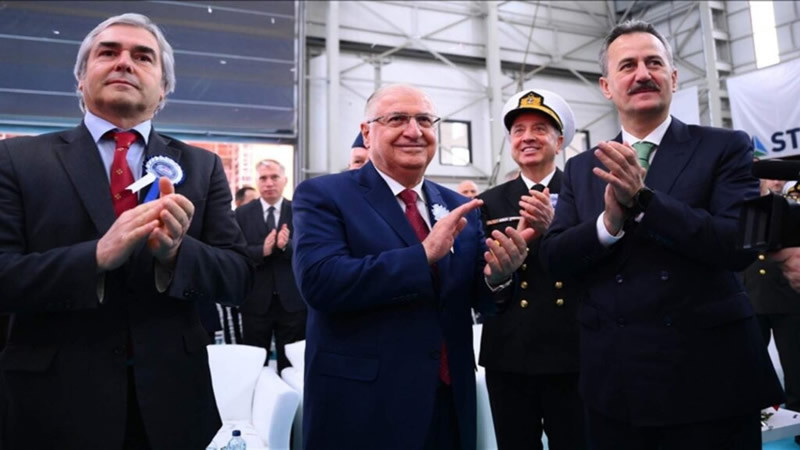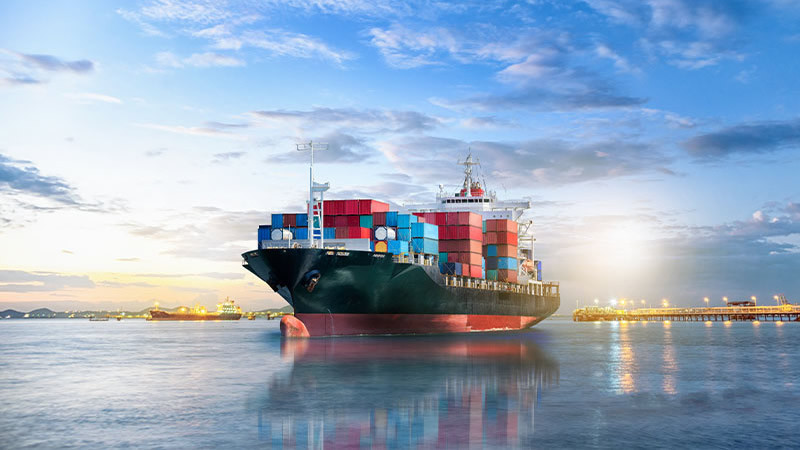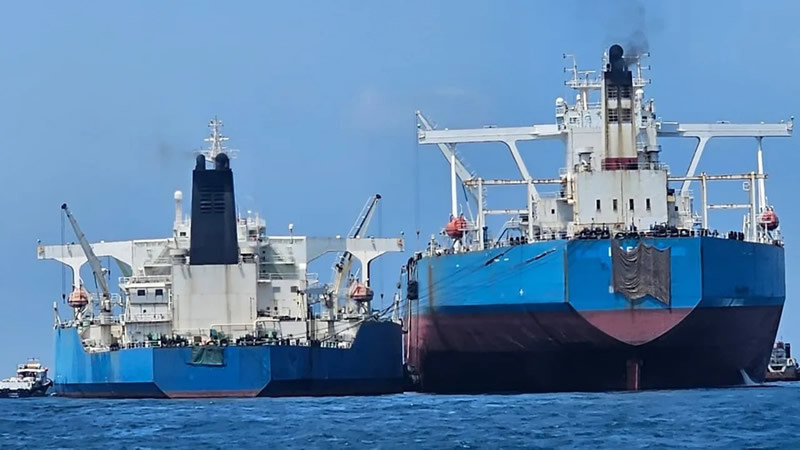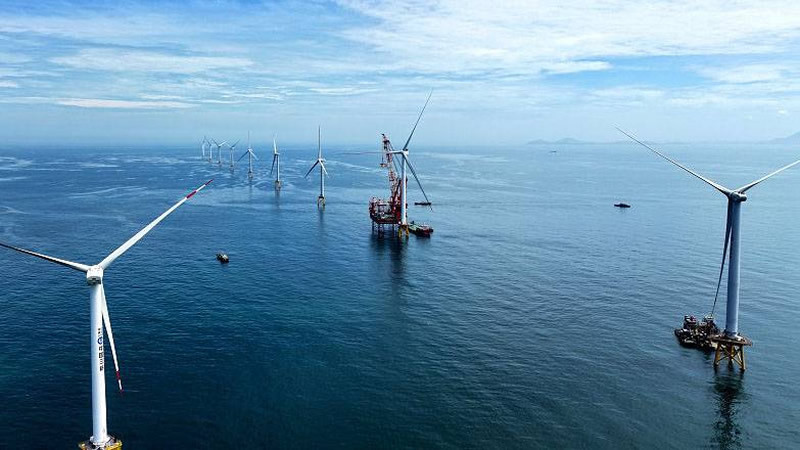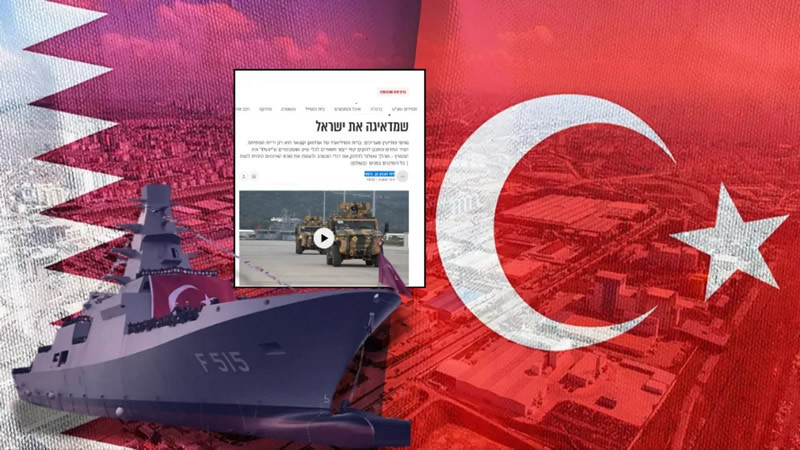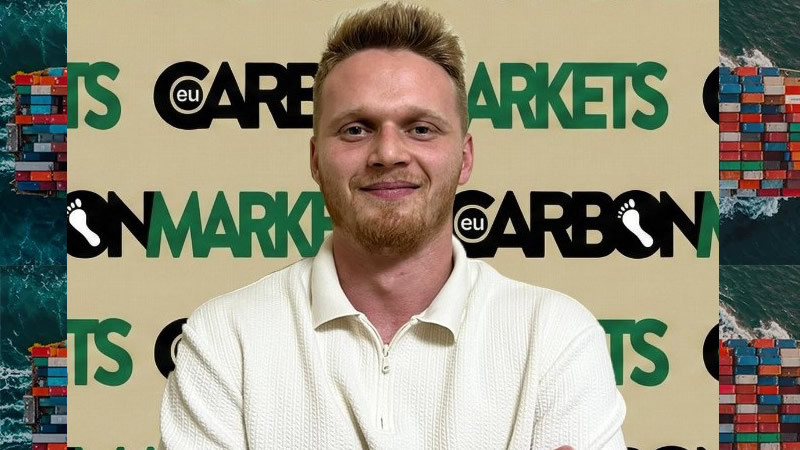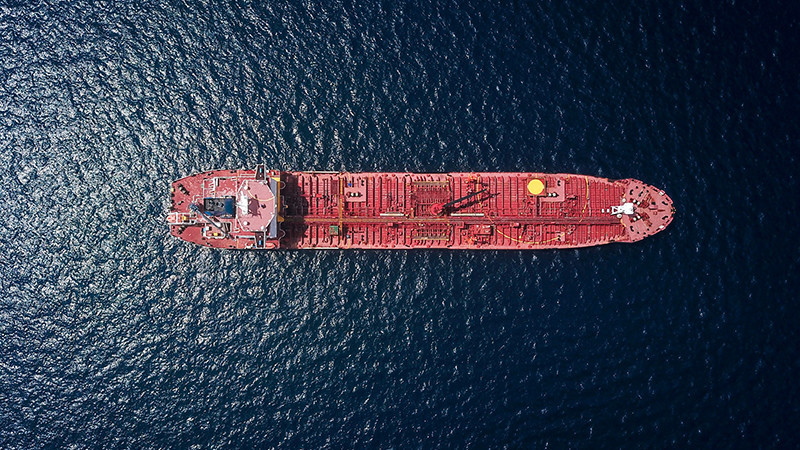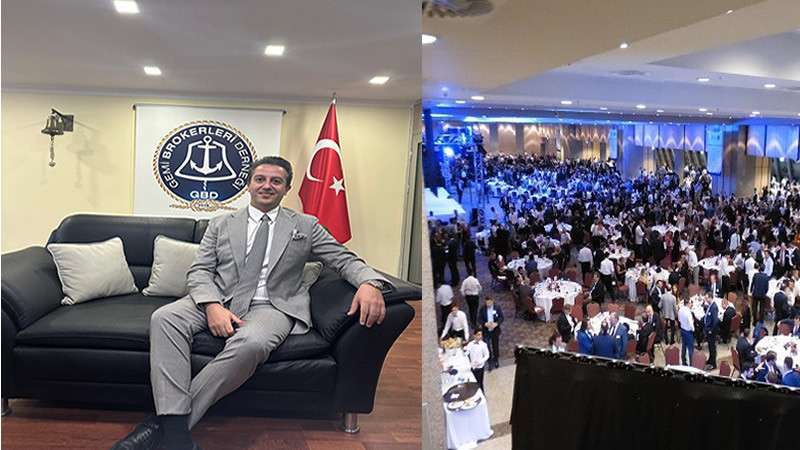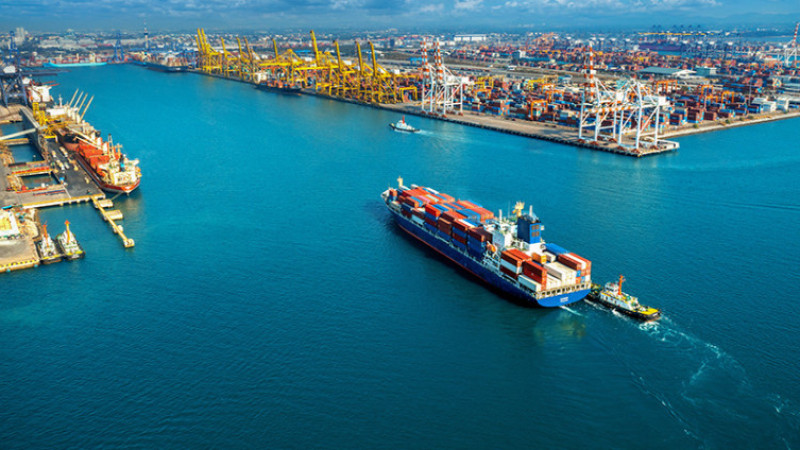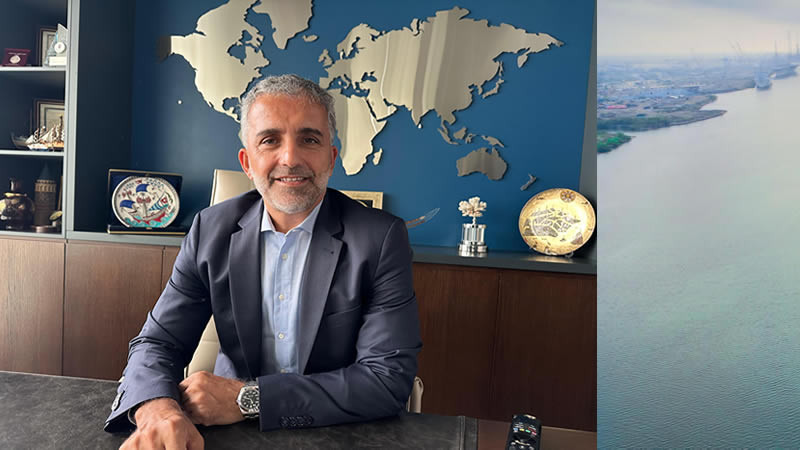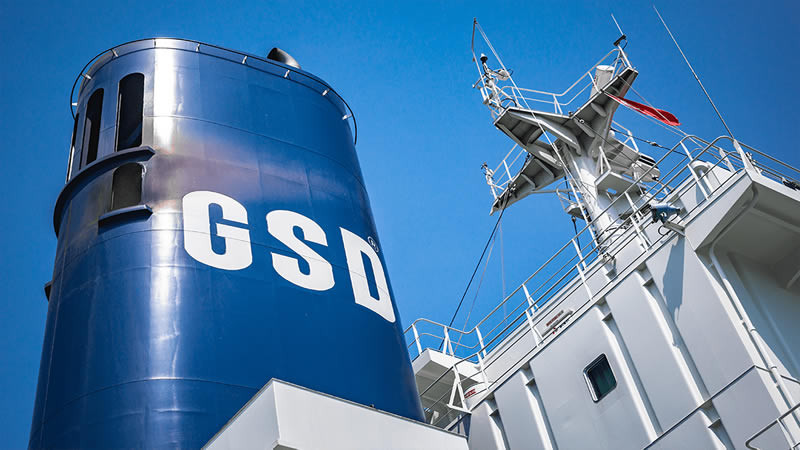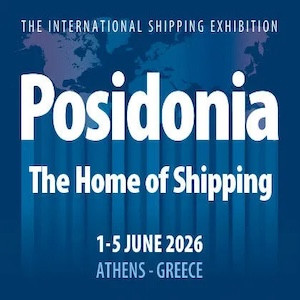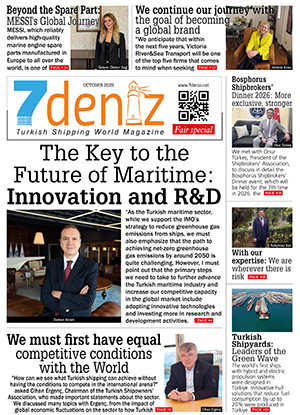Environmental fines should be set at fair and enforceable rates
We asked Tamer Kıran, Chairman of the Board of Directors of İMEAK DTO, about the reaction of the maritime sector to the increasing administrative fines, especially since the Marmara Region is located within the Special Environmental Protection Area.

We asked Tamer Kıran, Chairman of the Board of Directors of İMEAK DTO, about the reaction of the maritime sector to the increasing administrative fines, especially since the Marmara Region is located within the Special Environmental Protection Area. "It is observed that the foreign flagged ships that prefer our shipyards for maintenance, repair and maintenance are negatively affected due to the high rate of increase in fines and there is a decrease in the number of ships coming for this purpose. This situation not only causes a significant loss of foreign currency (USD) to our country's economy, but also adversely affects employment." Mr. Kıran underlined that the fines should be set at fair and applicable rates, as in international practices, instead of the basis of the ship's grossons in administrative fines.
As the Chairman of the Board of Directors of İMEAK DTO, how do you evaluate the sector's problems regarding environmental fines. Could you share your views on this issue with us?
As it is known, in the relevant subparagraphs of Article 20 of the Environmental Law No. 2872, administrative fines are imposed according to the gradually increasing groston criterion based on the tonnage weight of ships and other marine vessels that cause marine pollution and oil pollution. In the application of the groston criterion in the Environmental Law, if a small tonnage ship pollutes the sea a lot, it is subjected to a small fine, and if a large tonnage ship pollutes the sea in the same amount or less, it is subjected to a very large administrative fine.
In the Marmara and Turkish Straits Region, where 80% of maritime trade takes place, the current high administrative fines imposed put the sector in trouble. Again, in case of pollution that may occur in the Marmara basin, where most of the ports and shipyards are located, the fact that the ships are subjected to "triple" administrative fines as a business and "double" administrative fines as a Special Environmental Protection Area (SEPA) will cause foreign flagged ships not to prefer our country for repair and maintenance rather than being a deterrent.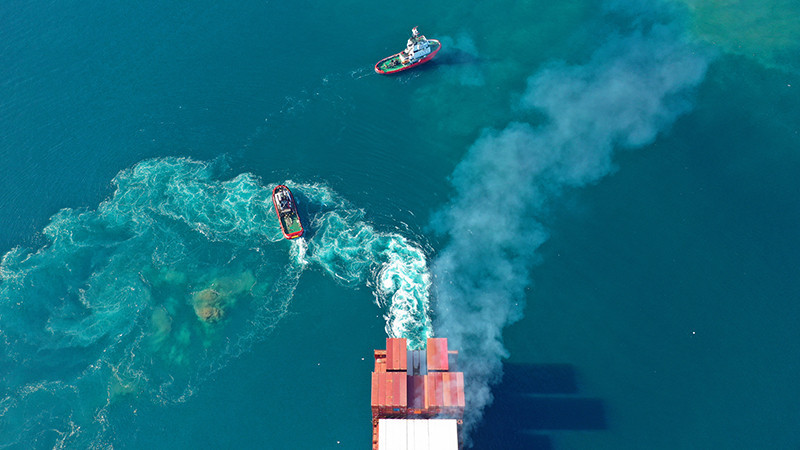 As a matter of fact, when the implementations of the Law in question are examined, it is seen that foreign flagged ships that prefer our shipyards for maintenance, repair and repair are negatively affected due to the high rate of increase in fines, and especially the number of ships coming for this purpose has decreased. This situation not only causes a significant loss of foreign currency (USD) to our country's economy, but also negatively affects employment.
As a matter of fact, when the implementations of the Law in question are examined, it is seen that foreign flagged ships that prefer our shipyards for maintenance, repair and repair are negatively affected due to the high rate of increase in fines, and especially the number of ships coming for this purpose has decreased. This situation not only causes a significant loss of foreign currency (USD) to our country's economy, but also negatively affects employment.
Pursuant to Environmental Law No. 2872, we are of the opinion that it would be appropriate to determine the administrative fines imposed on ships and marine vessels at fair and applicable rates, as in international practices, instead of on the basis of ship grostone.
After evaluating the problems received from our members and stakeholders regarding environmental fines by our Chamber, they are forwarded to the Ministry of Environment, Urbanization and Climate Change and the Grand National Assembly of Turkey with solution proposals and the issue is followed up.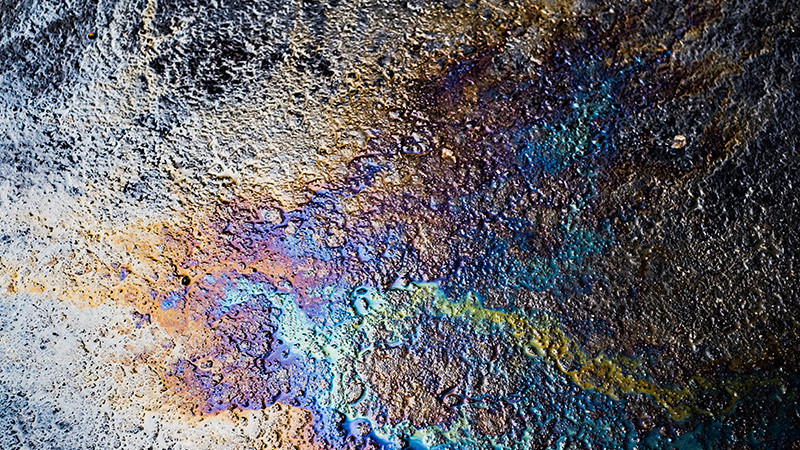
Following the increasing environmental fines, there have been developments on the P&I insurance side. Türk P&I Insurance decided not to offer coverage for environmental fines. This is likely to be reflected on other P&I insurers. What do you think are the steps that should be taken in anticipation of the effects of this situation?
In the Marmara and Turkish Straits Region, it is a fact that insurance companies may act in the direction of not offering coverage in this regard due to the high environmental fines, especially for barges and tankers. If the amounts of fines are brought to reasonable levels with the regulation to be made on fines, this kind of problem will be prevented.
On the other hand, our shipowners made serious ship investments last year... As the Chamber, what would you like to share your views on this issue and what advice would you like to give to our shipowners who will continue their ship investments?
Currently, the total number of vessels ordered by Turkish shipowners in Turkey and abroad is 84 vessels of 3.806.610 DWT. Of this total, 5 units and 109.600 DWT are being built in Turkish shipyards, while 79 units and 3.697.010 DWT are being built in Japanese and South Korean shipyards, mostly in China.
Of the ships under order, 41 are bulk carriers, 19 are general cargo ships, 18 are product tankers, 3 are LPG ships, 2 are container ships and 1 is a chemical tanker. Of the 84 vessels, 23 are scheduled
In the recent period, a very high number of new ships have been ordered in the world, especially by container companies. Ultimately, there is a supply and demand balance in transportation. There is a supply of ships and there is a demand for the cargo carried around the world. Here, whoever the balance turns in favor of, his earnings increase. It seems that as new ships arrive, the supply will increase, the alternatives of the owners will increase and freight rates will continue to remain low. It is of great importance to follow this situation carefully when ordering new vessels. 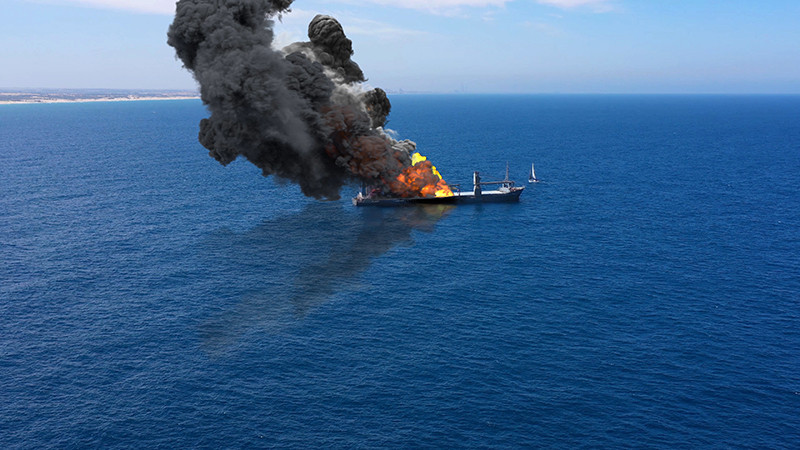 Another important issue is that, as you know, both the International Maritime Organization (IMO) and the European Union (EU) continue to work on new ship technologies and new fuel types in line with the targets of reducing emissions in maritime transportation, but I think it is important to be cautious in new orders, considering that there is no concrete development yet.
Another important issue is that, as you know, both the International Maritime Organization (IMO) and the European Union (EU) continue to work on new ship technologies and new fuel types in line with the targets of reducing emissions in maritime transportation, but I think it is important to be cautious in new orders, considering that there is no concrete development yet.


